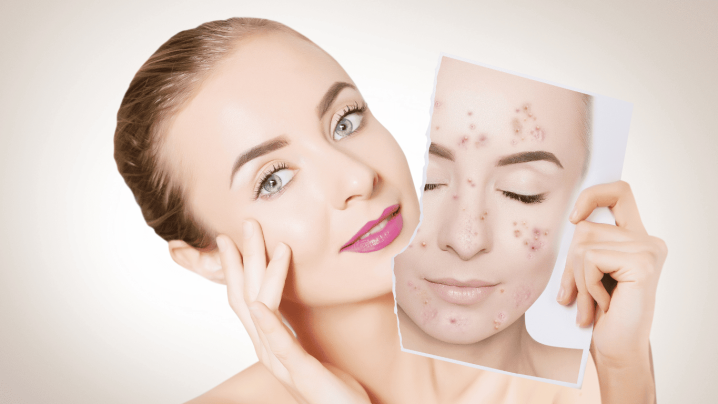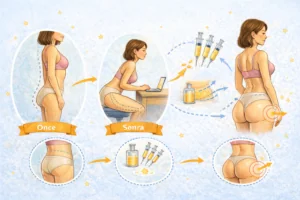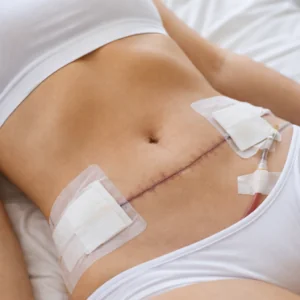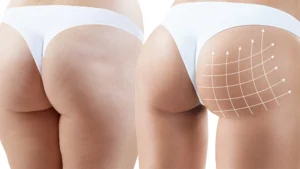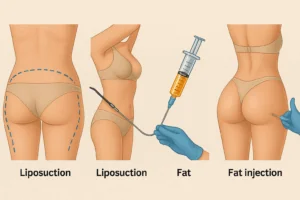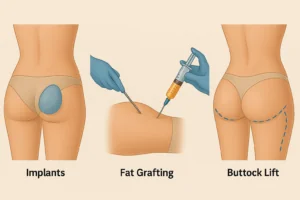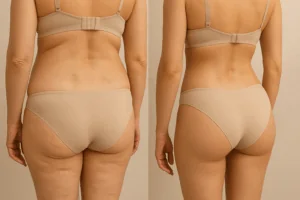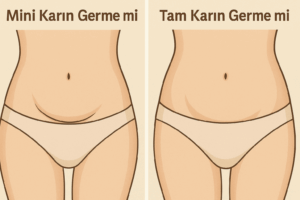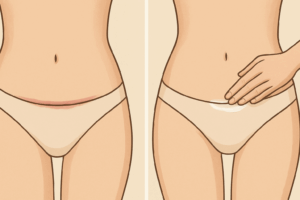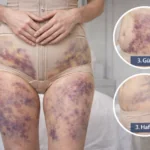Acne is a common skin problem affecting millions of people worldwide. Although it is most common during adolescence, it can also affect adults and can seriously affect self-esteem and quality of life. Fortunately, thanks to continuous advances in medicine and dermatology, promising innovations in acne treatment are emerging. In this article, we will examine the latest advances in acne treatment in detail.
Acne Basics and Traditional Treatment Methods
To understand the new developments in acne treatment, we first need to briefly review the basics of acne and traditional treatment methods.
What is Acne and How Does It Occur?
Acne is a skin problem caused by clogged pores on the surface of the skin. This blockage is usually caused by a combination of excess oil production, dead skin cells and bacteria. Hormonal changes, stress, genetic factors and certain medications can trigger acne breakouts or worsen the condition.
Traditional Acne Treatment Methods
Topical Treatments
- Benzoyl peroxite
- Salicylic acid
- Retinoids (tretinoIn, adapalene)
- Antibiotic creams
Oral Treatments
- Oral antibiotics
- Hormonal treatments (birth control pills)
- Isotretinoin (for severe acne)
Other Methods
- Chemical peeling
- Laser treatments
- Light treatments
These traditional methods have been used for many years and are effective for many people. However, since each individual's skin structure and acne type is different, these treatments may not be sufficient for some people or their side effects may not be tolerated. This is exactly where new developments come into play.
New Approaches in Acne Treatment
Scientists and dermatologists are constantly working to develop treatments against acne that are more effective and have fewer side effects. Here are some of the new approaches that have come to the fore in recent years:
Microbiome-Focused Therapies
It is now known that the skin microbiome plays an important role in acne formation. Therefore, treatments to balance the skin microbiome are gaining in popularity.
Probiotic Therapies
Probiotics can reduce acne formation by supporting beneficial bacteria in the skin. Both topical and oral probiotic products are being developed. These products work by strengthening the skin's natural defense mechanisms and reducing inflammation.
Prebiotic Products
Prebiotics are substances that enable probiotics to feed and multiply. Skincare products containing prebiotics can help prevent acne by supporting a healthy skin microbiome.
Nanotechnology Based Therapies
Nanotechnology is another area with the potential to revolutionize acne treatment. Nanoparticles can improve the efficacy and reduce the side effects of conventional treatments.
Nanoencapsulation
This technique involves placing the active ingredients used in acne treatment in nano-sized capsules. This allows the active ingredients to reach deeper layers of the skin and be effective for longer.
Nano-emulsions
Nano-emulsions can provide better absorption of drugs used in acne treatment. These formulations increase the water solubility of especially oil-based active ingredients, allowing them to spread more effectively on the skin.
Smart Drug Delivery Systems
Smart drug delivery systems are breaking new ground in acne treatment by enabling controlled and targeted release of therapeutic agents.
pH-Sensitive Systems
The pH of acne lesions is often different from the pH of normal skin. pH-sensitive drug delivery systems can use this difference to release the active ingredient only in acne lesions. This prevents unnecessary exposure of healthy skin tissue to the medication.
Temperature-Sensitive Systems
Developed using polymers that react to body temperature, these systems transform into gel form when in contact with the skin, providing controlled release of the active ingredient.
Photodynamic Therapy
Photodynamic therapy is an innovative approach that offers acne treatment using a combination of photosensitizing medications and specialized light sources.
Photosensitizing Agents
The photosensitizing agents used in this treatment target acne bacteria. When activated by a special light source, they neutralize these bacteria.
LED Light Therapy
LED lights of different wavelengths are increasingly being used to treat acne. Blue light kills acne bacteria, while red light reduces inflammation.
Genetic and Personalized Therapies
Perhaps one of the most exciting developments in acne treatment is the emergence of genetic-based and personalized approaches.
Genetic Tests and Acne Predisposition
Scientists are conducting studies to identify the genetic factors that determine susceptibility to acne. Thanks to these studies, individualized risk assessments can be made and preventive measures can be taken.
Genome Analysis
Large-scale genome analyses are helping to identify genes associated with acne. This information can be used to predict a person's genetic predisposition to acne.
Epigenetic Factors
In addition to genetic predisposition, epigenetic studies that examine how environmental factors affect gene expression are also opening new horizons in acne treatment.
Personalized Treatment Plans
By taking genetic data and other individual factors into account, tailor-made treatment plans can be created for each patient.
Biomarkers and Drug Response
The presence of certain biomarkers can help predict how a patient will respond to a particular treatment. This helps to optimize the treatment process and avoid unnecessary trials.
Artificial Intelligence and Machine Learning
Artificial intelligence and machine learning algorithms can help identify the most effective treatment methods by analyzing large data sets. These technologies have the potential to recommend the optimal treatment strategy for each patient.
Immunotherapy and Acne
As the role of the immune system in the pathogenesis of acne is better understood, immunotherapy is emerging as a new field in acne treatment.
Anti-Inflammatory Therapies
A new generation of drugs targeting inflammation in acne lesions is being developed. These drugs have the potential to be more specific and effective than conventional treatments.
Cytokine Inhibitors
Drugs targeting specific cytokines may be effective in reducing acne-related inflammation. This approach is particularly promising for severe and resistant cases of acne.
Toll-like Receptor Modulators
Toll-like receptors are important components of the immune system. Drugs that modulate these receptors may regulate the inflammatory response associated with acne.
Vaccine Development Studies
The development of vaccines against the bacteria that cause acne is ongoing. These vaccines may be effective in preventing the occurrence or reducing the severity of acne.
Propionibacterium acnes Vaccines
Vaccines against P. acnes bacteria are in the early stages of clinical trials. These vaccines aim to prevent acne formation by strengthening the immune response against the bacteria.
Combination Vaccine Strategies
Combined vaccine strategies that target not only bacteria but also inflammatory factors are being studied.
Natural and Complementary Therapies
In addition to conventional medical approaches, natural and complementary therapies are increasingly gaining traction in acne management.
Herbal Treatments
Many plant extracts are used to treat acne due to their anti-inflammatory and antimicrobial properties.
Tea Tree Oil
Tea tree oil is a popular option for treating acne due to its powerful antimicrobial properties. New formulations aim to increase the effectiveness of this oil and reduce possible skin irritation.
Aloe Vera
Aloe vera is known for its soothing and anti-inflammatory properties. New aloe vera formulations for the treatment of acne aim to maximize the benefits of this plant.
Nutrition and Acne
The impact of nutrition on acne is increasingly being investigated. Some food groups are thought to trigger or improve acne.
Low Glycemic Index Diet
There is growing evidence that consuming low glycemic index foods may reduce acne severity. This type of diet may reduce oil production by stabilizing insulin levels.
Omega-3 Fatty Acids
The anti-inflammatory properties of omega-3 fatty acids may be beneficial in the treatment of acne. Fish oil supplements or consumption of omega-3-rich foods are recommended.
Stress Management and Acne
The negative impact of stress on acne is well known. Therefore, stress management techniques are becoming an important part of acne treatment.
Meditation and Mindfulness
Meditation and mindfulness practices can alleviate acne symptoms by lowering stress levels. Regular practice of these techniques can improve overall skin health.


